The Republican National Committee has asked the U.S. Supreme Court to keep thousands of Arizona residents from voting in this year’s upcoming presidential election.
This challenge on voting rights comes as Arizona — a major swing state in November’s election — could go to either former President Donald Trump or Vice President Kamala Harris in the presidential race.
Arizona’s Voting Rights Case

This current case — Republican National Committee v. Mi Familia Vota — follows the differing laws at the state and federal levels.
The Republican Party is attempting to say that Arizona’s state rights have precedent over federal law, something federal courts have rejected. Now, this case has been appealed to the Supreme Court.
Arizona’s Voting Laws

Much of this current case stems from past laws Arizona has created. In 2004, state lawmakers passed legislation that required all new voters to show proof of citizenship when registering to vote.
Therefore, these new voters needed to have documentation such as their birth certificate or passport if they wanted to vote.
Different Federal Laws
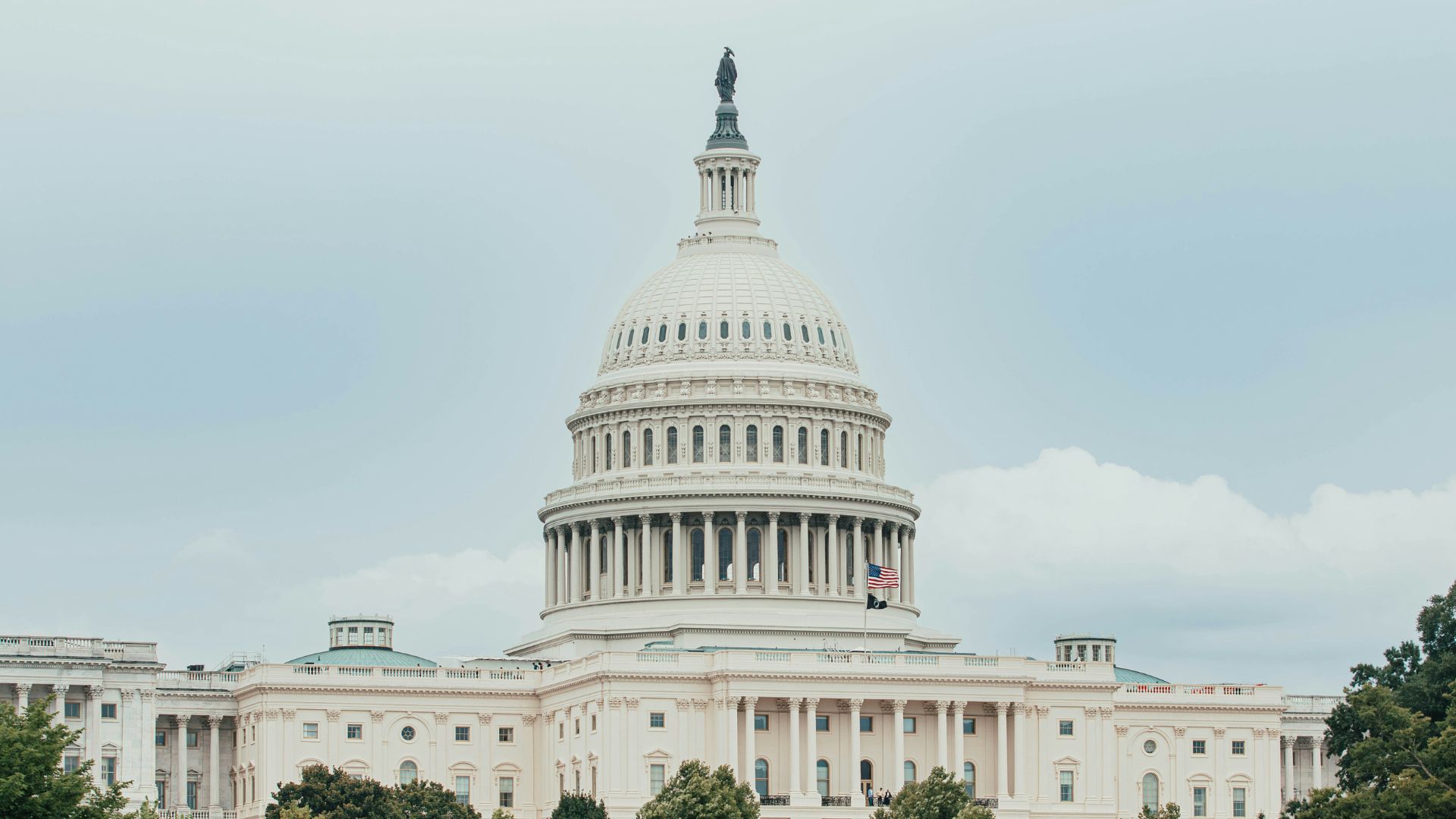
However, this state law passed in 2004 differs from the federal laws that state you do not have to have any documentation when registering to vote.
Instead, federal law says that you must swear that you are an American citizen when registering.
A Previous Supreme Court Case
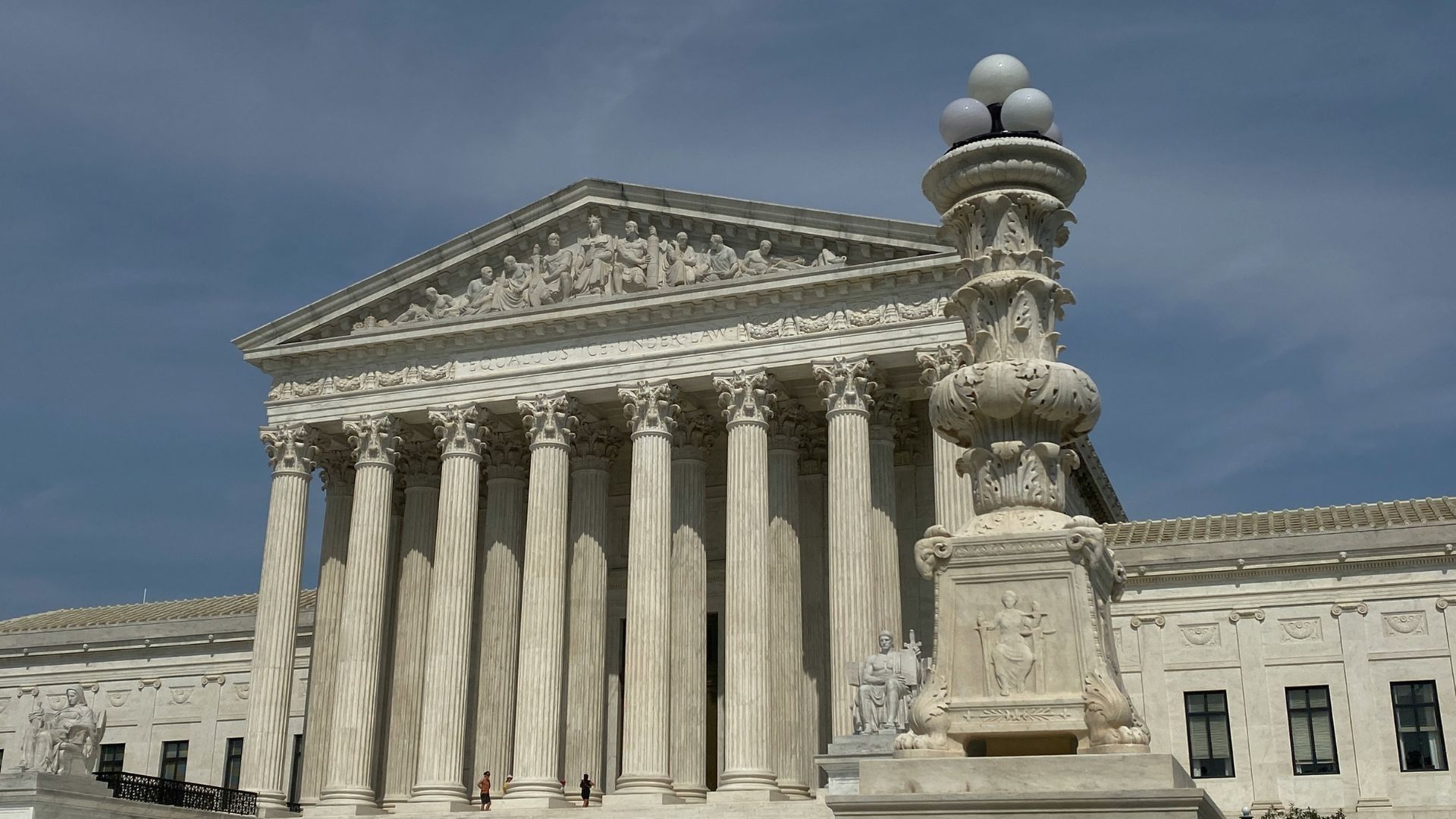
The U.S. Supreme Court already took on this case back in 2013. The court ruled that federal law overrides state law in this case.
Therefore, Arizona had to allow all voters to register by using the federal form. However, the court also suggested that federal power may only affect “federal elections.”
A New Arizona Law
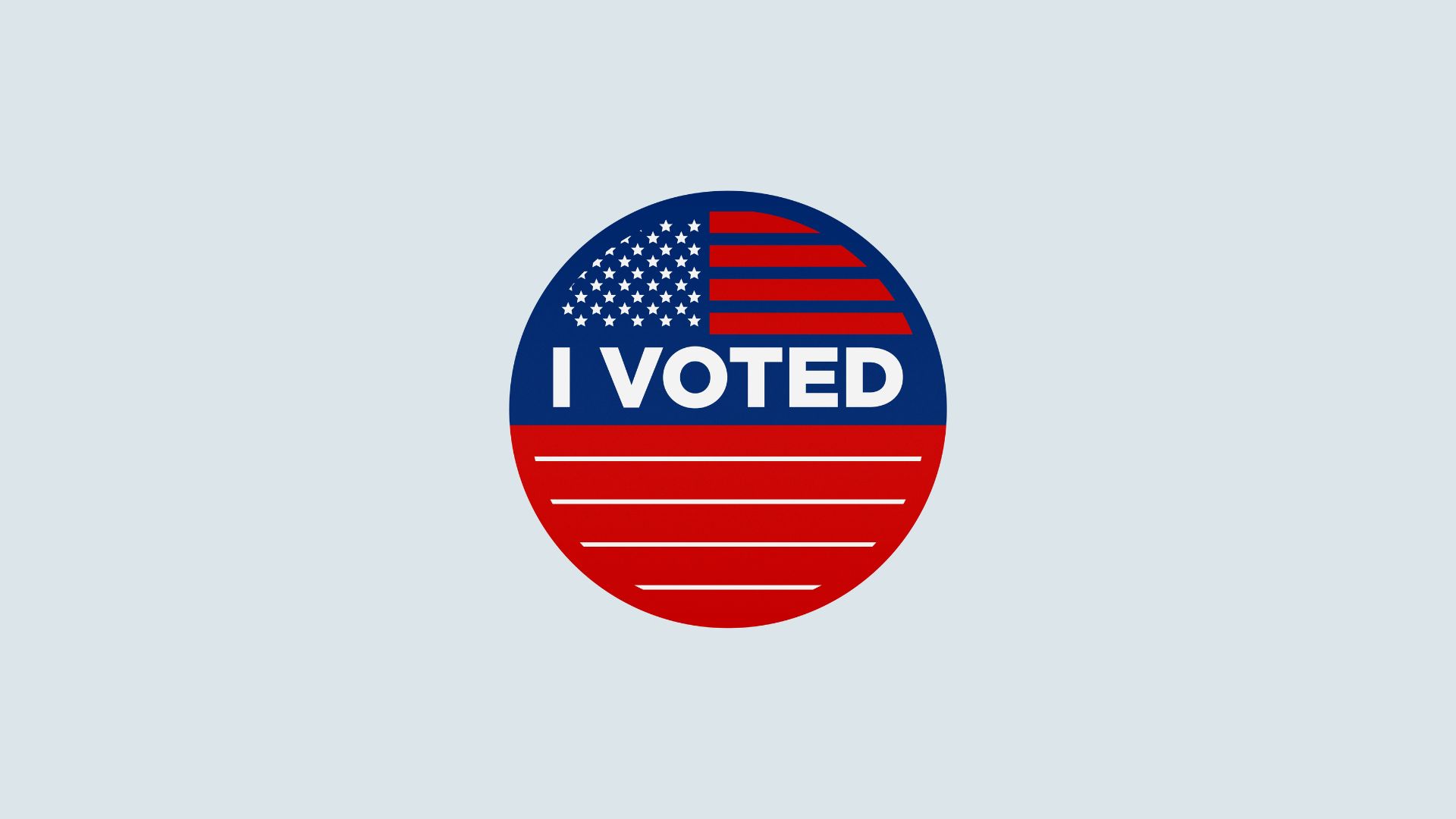
After this Supreme Court’s ruling, Arizona lawmakers decided to change up their voting laws to still keep their old law somewhat in place.
As a result, Arizona allowed voters to register to vote by using the federal form and not providing documentation of citizenship. However, these voters could only vote in federal elections, such as for the president or for Congressional races. They could not vote in local or state races.
Strict State Voting Laws
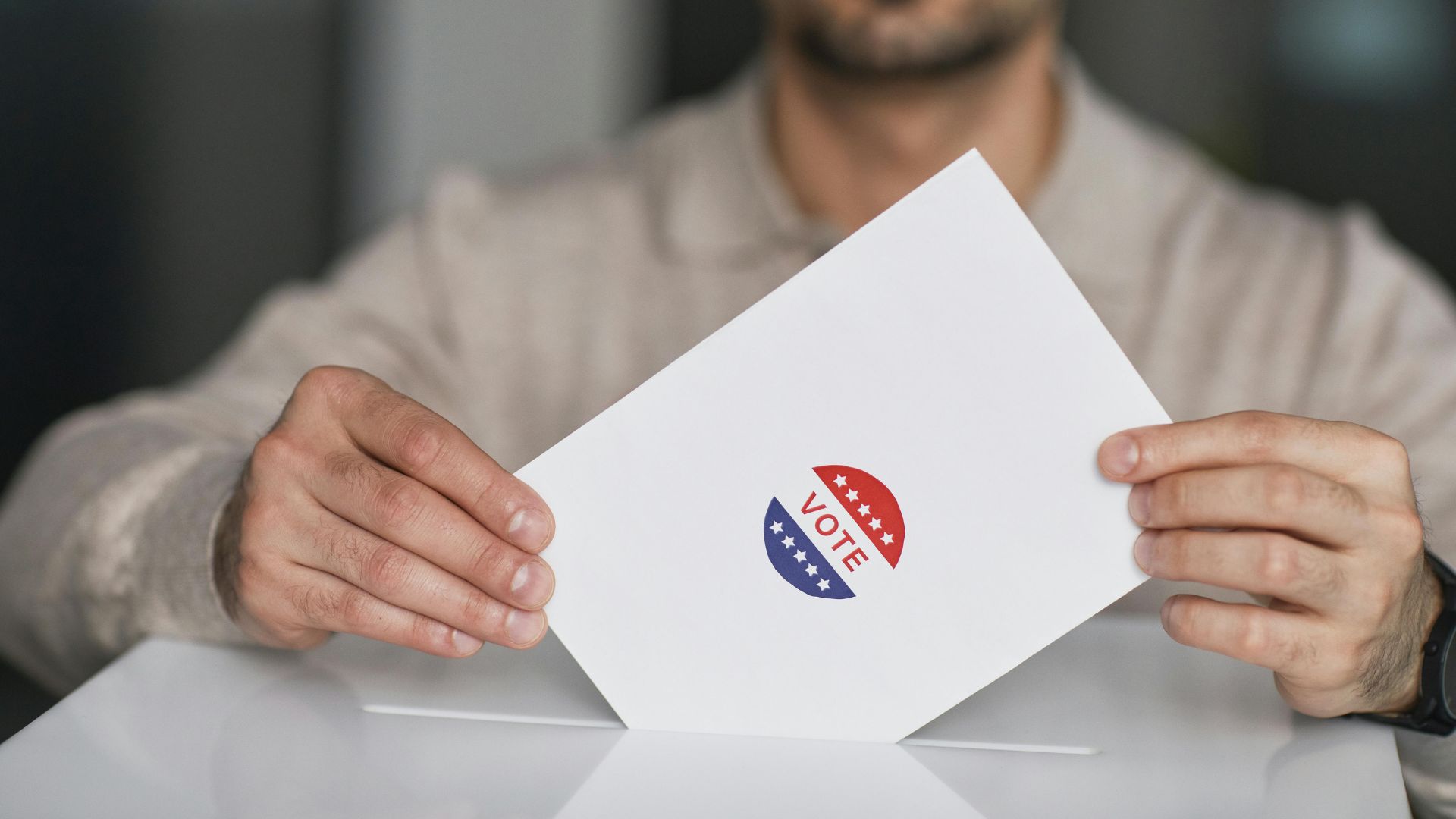
If Arizonans wanted to vote in local or state races, then they needed to fill out another form to register to vote that differed from the federal form.
This form requires Arizonans to provide proof of citizenship, such as a birth certificate.
Bringing This Case Back to the Supreme Court
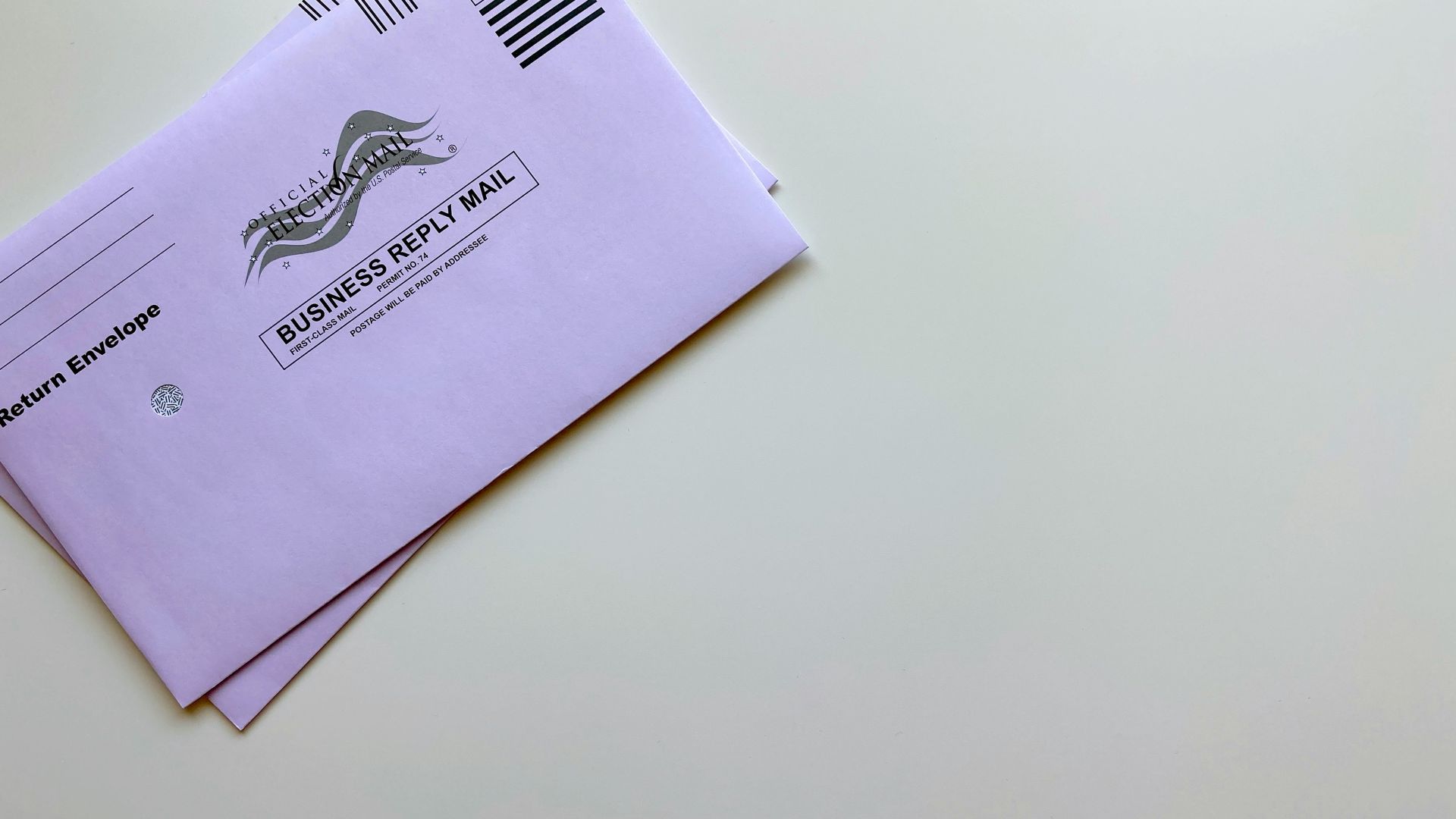
In 2022, Arizona lawmakers passed yet another law that imposed new restrictions on voters and registration.
Voters who are registered through the federal forms are now barred from voting for the president, as well as voting by mail. They can only vote in congressional races and elections.
Thousands of Arizonans Impacted
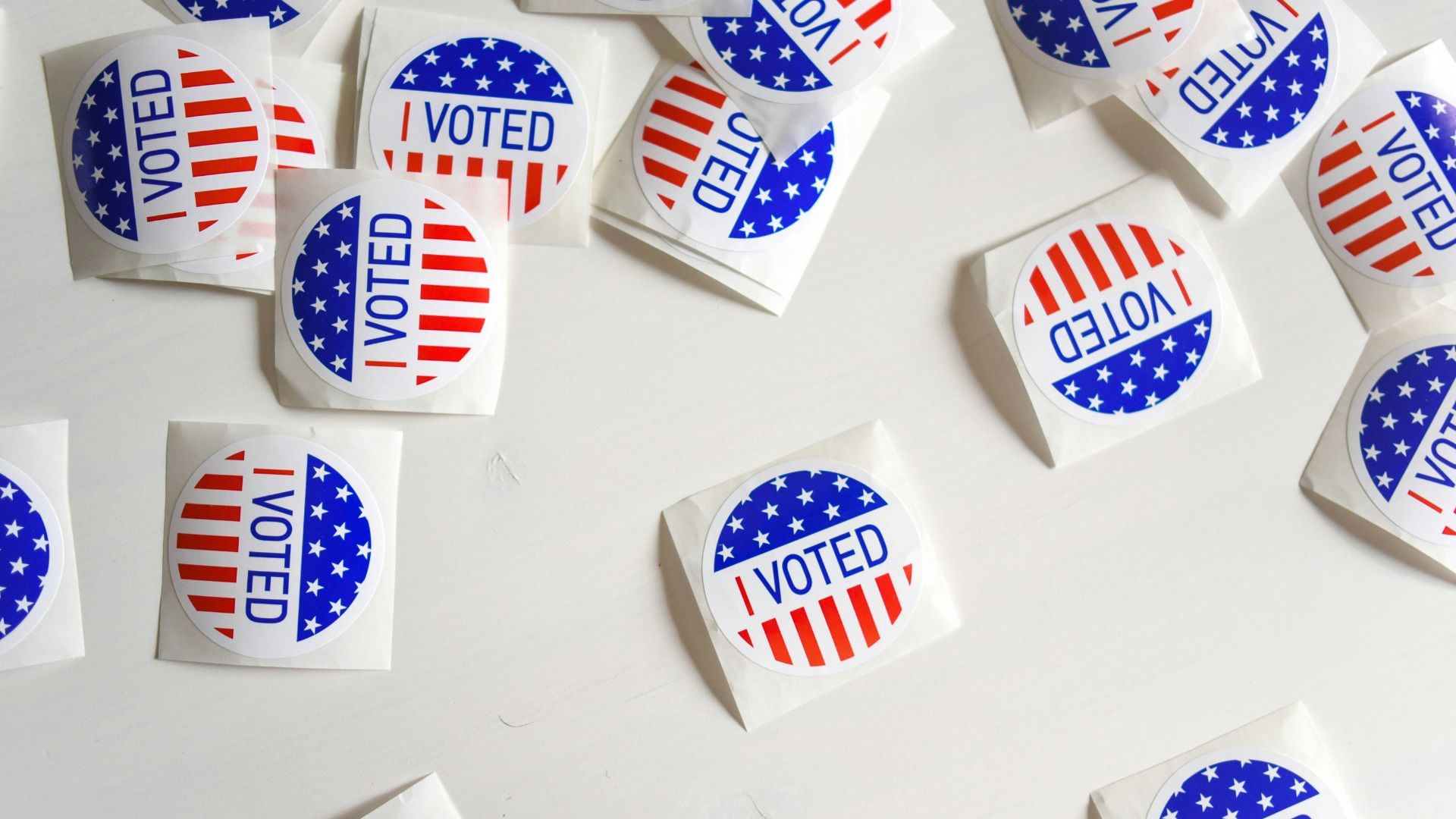
According to officials, about 40,000 Arizonans are being affected by this court case — and could end up not getting the right to vote in this upcoming presidential election, even though they previously were legally found to be able to.
This case has been fought by the federal government in multiple courts of law so far. However, the Republican Party has now appealed it to the Supreme Court.
Looking at Precedent
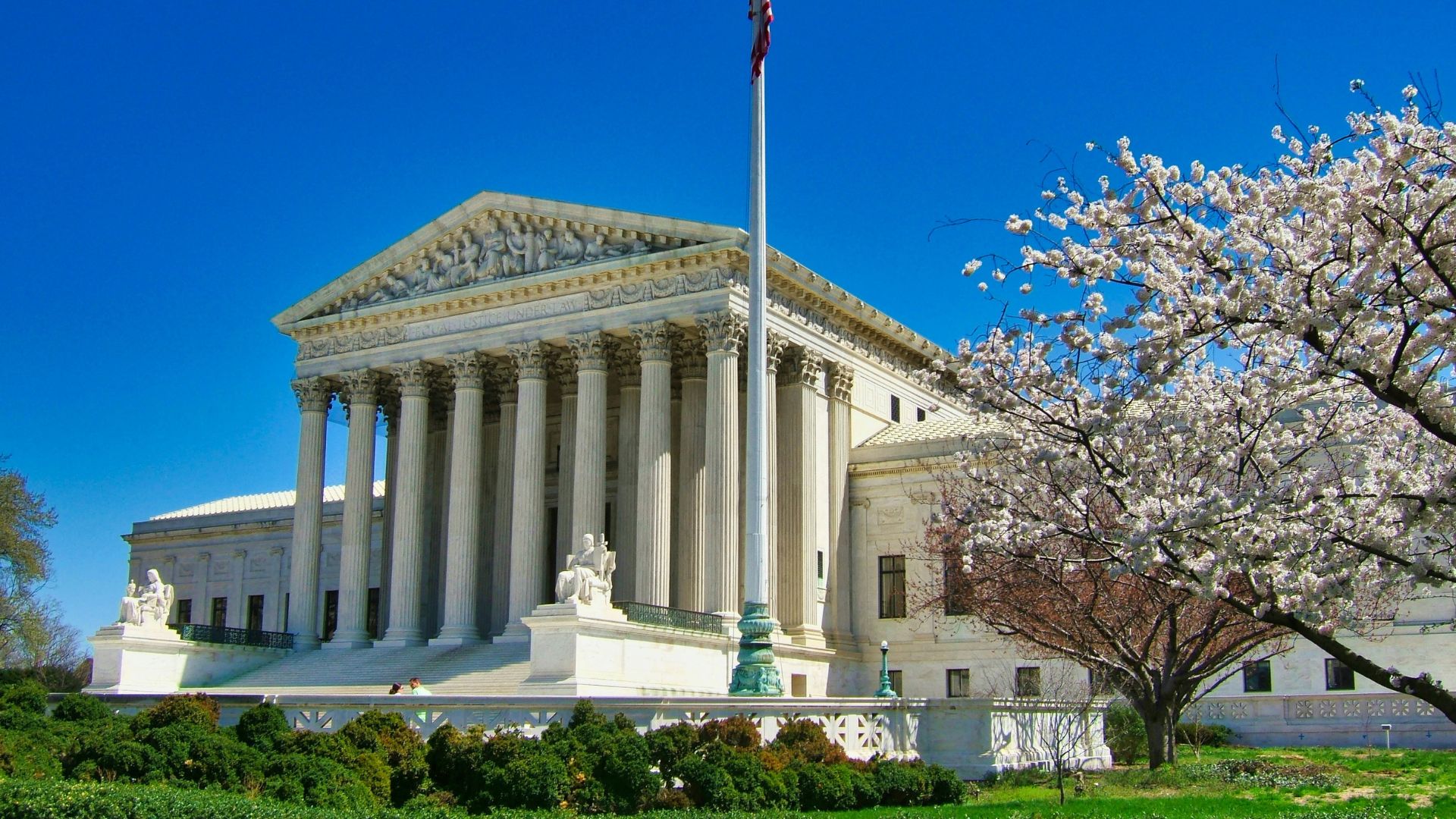
So far, this case has been tried by seven judges. All judges have voted against the Republican Party, as they have looked at past Supreme Court precedents to decide their case.
According to these judges, the state law cannot override the federal one in this voting instance. Voters who have registered using federal forms in Arizona should still be able to vote in federal, or presidential, elections.
Critics Attack Voting Case
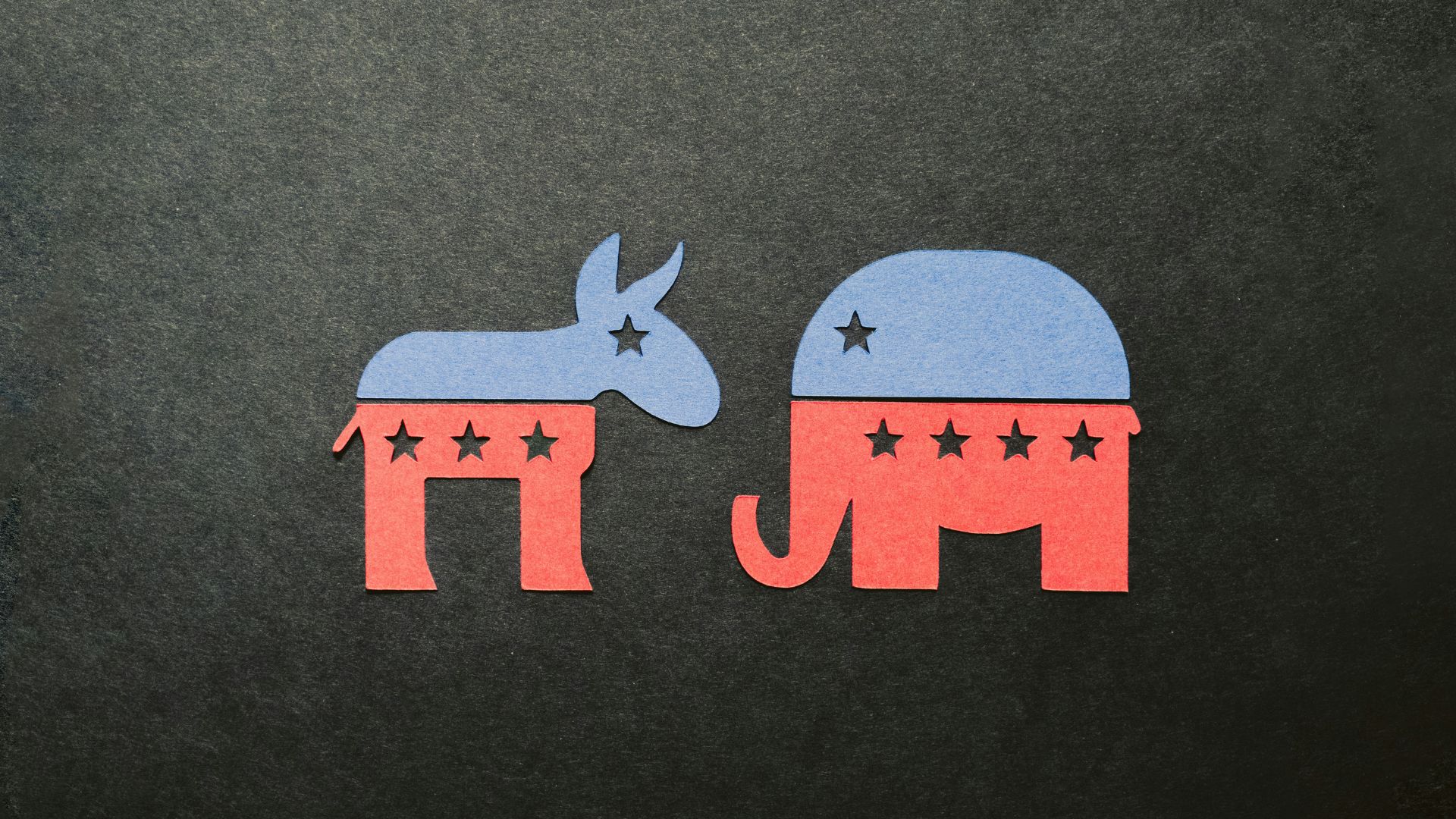
Many critics have come out to attack the Republican Party, as they believe they are trying to take away Arizonans’ legal voting rights.
Many of these detractors have also pointed out the fact that the Supreme Court seemingly already decided on a similar case back in 2013. Therefore, they feel that the court will once again decide against this Arizona law, and reinstate these voters’ full rights.
The Law Hasn’t Taken Effect Yet
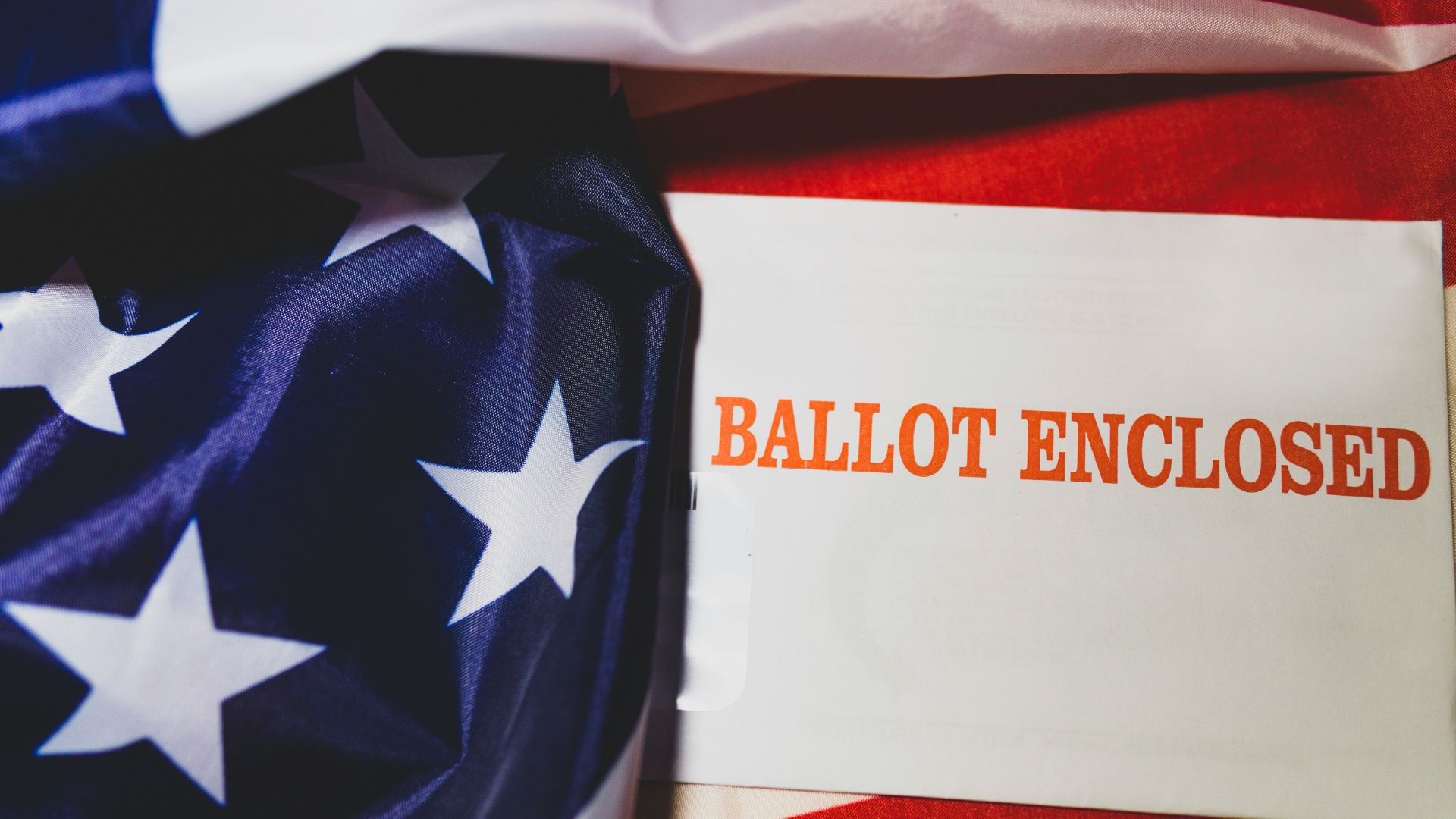
Though this law was officially passed in 2022, it hasn’t yet taken effect — for a variety of reasons. As the case has gone through the legal system, it hasn’t been able to be put into effect.
However, now the Republican Party has asked the Supreme Court to hurriedly decide on this situation once and for all — and before the November election.
